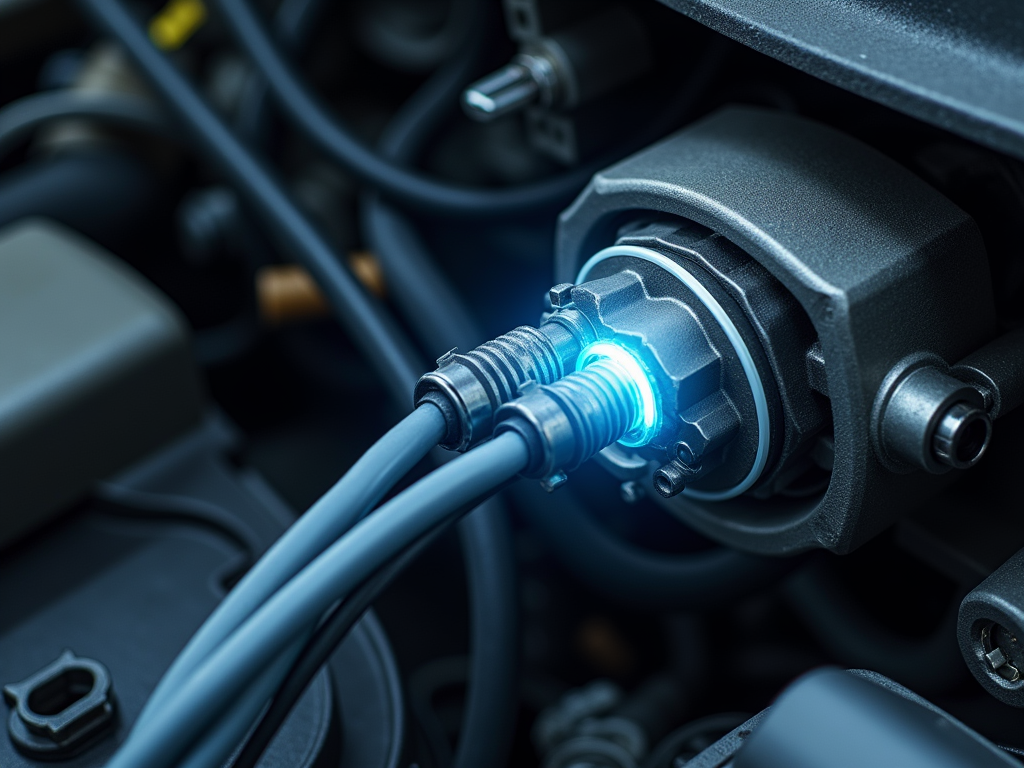2003v e500 w211 srs braking system making constant electrical noise

If you own a 2003 Mercedes-Benz E500 (W211), you may have experienced an unsettling sound emanating from your SRS braking system. This constant electrical noise can be more than just an annoyance—it could indicate underlying issues that need immediate attention. Understanding the nuances of your vehicle’s braking system is essential for both performance and safety. Let’s delve into what might be causing this noise, how to address it, and why staying ahead of potential problems is crucial for a smooth driving experience. Whether you’re a seasoned car enthusiast or simply want to keep your ride in top condition, this guide will provide valuable insights into maintaining the integrity of your W211’s braking system.
Understanding the Braking System in the 2003 Mercedes-Benz E500 (W211)
The braking system in the 2003 Mercedes-Benz E500 (W211) is a sophisticated assembly designed for optimal performance. At its core, it features advanced hydraulic brakes that ensure effective stopping power under various conditions.
Equipped with an anti-lock braking system (ABS), this model prevents wheel lock-up during sudden stops. This technology enhances control and safety, particularly on slippery surfaces.
Additionally, the W211 incorporates an Electronic Stability Program (ESP). This feature works in tandem with the brakes to maintain vehicle stability by selectively applying pressure to individual wheels when necessary.
The SRS component adds another layer of security by monitoring crash sensors and deploying airbags if needed. Understanding these systems helps drivers appreciate their importance in providing a safe driving experience every time they hit the road.
Common Causes of Electrical Noise in Braking Systems
Electrical noise in braking systems can stem from several factors. One common cause is a malfunctioning anti-lock braking system (ABS). When ABS components, like the control module or wheel speed sensors, fail, they can emit unwanted sounds.
Another potential source of noise could be worn-out brake pads or rotors. As these parts degrade, they may create vibrations that lead to electrical interference within the system.
Faulty wiring also plays a significant role. Damaged insulation on wires can result in short circuits, causing strange noises during operation. Additionally, loose connections can disrupt signals and generate irritating sounds.
Sometimes, environmental factors contribute as well. Moisture exposure and road debris might affect sensor performance and trigger electrical anomalies. Regular inspections are essential to identify these issues before they escalate into bigger problems down the line.
Potential Risks and Dangers of Ignoring Electrical Noise in Braking Systems
Ignoring electrical noise in your braking system can lead to severe consequences. The sound often indicates underlying issues that could compromise vehicle safety.
When the SRS (Supplemental Restraint System) malfunctions, it may not deploy airbags during a crash. This increases the risk of injuries for you and your passengers.
Moreover, persistent electrical noise might signify problems with brake components or sensors. A failure here could result in reduced stopping power, extending your stopping distance significantly.
The distraction from constant noises can also divert attention while driving. That lack of focus on the road can elevate accident risks.
Neglecting this issue can lead to costly repairs down the line. Addressing small problems early is always more economical than fixing major failures later on.
Steps to Diagnose and Fix Electrical Noise in the W211 SRS Braking System
Diagnosing electrical noise in the W211 SRS braking system begins with a thorough visual inspection. Start by examining all wiring and connectors for signs of wear or damage. Look for frayed wires or loose connections that could contribute to the issue.
Next, turn on the ignition without starting the engine. Listen closely to identify where the noise is coming from. It could be localized around certain components like sensors or control units.
Using an OBD-II scanner can provide valuable insight too. Check for any fault codes related to the braking system, as they may point directly to malfunctioning parts.
If you suspect a specific component is faulty, test it with a multimeter. Ensure each part receives proper voltage and ground signals.
Fixing issues might involve replacing damaged wires or tightening loose connections. If uncertain about repairs, consulting a professional mechanic is always wise for safety’s sake.
Preventative Measures to Avoid Future Electrical Noise Issues
Maintaining your 2003 E500 W211’s braking system is crucial to avoid electrical noise. Regularly inspect the brake components for wear and tear. Replace worn parts promptly to prevent further issues.
Ensure connections are secure, especially around the SRS system wiring. Loose wires can create unwanted interference, leading to those annoying sounds.
Another key aspect is keeping the battery in good condition. A weak or failing battery can cause irregularities in the electrical systems of your vehicle, including brakes.
Consider using high-quality parts during repairs or replacements. Cheaper alternatives may not perform as well and could introduce new problems down the line.
Schedule routine check-ups with a qualified technician who understands Mercedes-Benz vehicles. Early detection of potential issues will save you time and stress later on when dealing with braking performance concerns.
Conclusion: Importance of Proper Maintenance for a Safe Driving Experience
Maintaining your vehicle, especially the braking system, is crucial for ensuring safety on the road. The 2003 Mercedes-Benz E500 (W211) has a sophisticated SRS braking system that requires regular attention. When issues arise, such as constant electrical noise, it’s not just an annoyance; it could indicate deeper problems.
Ignoring these warning signs can lead to increased repair costs and potentially dangerous driving conditions. Regular diagnostics and timely repairs can save you from more significant issues down the line.
Investing time in understanding how your braking system works and being proactive about maintenance will contribute to a safer driving experience. Always prioritize your vehicle’s health—your safety depends on it.





